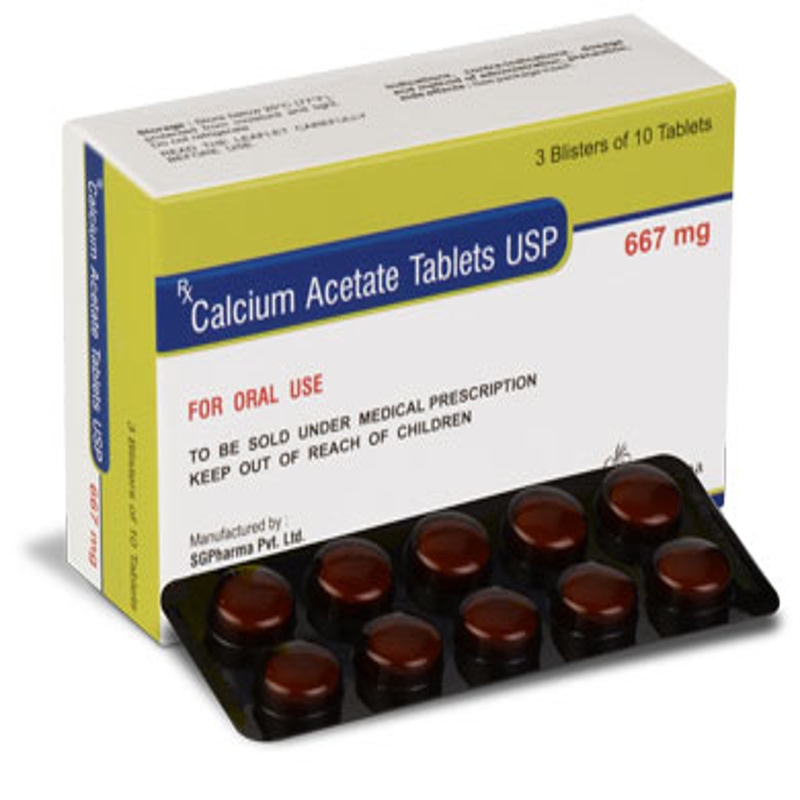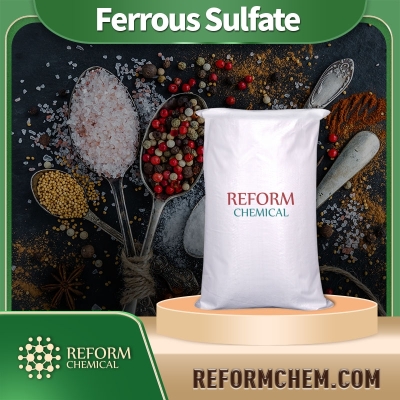-
Categories
-
Pharmaceutical Intermediates
-
Active Pharmaceutical Ingredients
-
Food Additives
- Industrial Coatings
- Agrochemicals
- Dyes and Pigments
- Surfactant
- Flavors and Fragrances
- Chemical Reagents
- Catalyst and Auxiliary
- Natural Products
- Inorganic Chemistry
-
Organic Chemistry
-
Biochemical Engineering
- Analytical Chemistry
-
Cosmetic Ingredient
- Water Treatment Chemical
-
Pharmaceutical Intermediates
Promotion
ECHEMI Mall
Wholesale
Weekly Price
Exhibition
News
-
Trade Service
Autologous hematopoietic stem cell transplantation refers to the use of the patient's own bone marrow or hematopoietic stem cells for hematopoietic function reconstruction after chemotherapy, which is suitable for the treatment of a variety of lymphomas with its advantages of no HLA matching restrictions, no GVHD, and wide range of application
In order to let patients know more about autologous hematopoietic stem cell transplantation, Metz Medicine invited Professor Jiang Erlie of the Blood Disease Hospital of the Chinese Academy of Medical Sciences to be interviewed to share the relevant progress of
Mace Medicine: What are the main beneficiaries of autologous hematopoietic stem cell technology at present? Can you review what significant developments have been made in this area in recent years?
Professor Jiang: The Blood Disease Hospital of the Chinese Academy of Medical Sciences is the earliest autologous hematopoietic stem cell transplant in
China is relatively lagging behind in the development of autologous hematopoietic stem cell transplantation technology, and last year data showed that only more than 5,000 of the roughly 18,000 cases were autologous hematopoietic stem cell transplants
At present, the main beneficiaries of autologous hematopoietic stem cell transplantation in China are patients with multiple myeloma and lymphoma, and the feature of our center is to do autologous hematopoietic stem cell transplantation
In recent years, autologous hematopoietic stem cell transplantation has developed rapidly
Mace Medicine: Although autologous transplantation does not have complications associated with allogeneic transplantation, the recurrence rate is high, but the prognosis of post-transplant recurrence is generally poor, and the treatment options are limited
Professor Jiang: The recurrence rate after autologous transplantation is high, and there are many technical problems
At present, maintenance therapy after transplantation in the field of acute myeloid leukemia is not particularly good
Maintenance therapy after autotransplantation attaches the most importance to its safety issues, and interleukin 2 is a good safety factor, so it is a good choice
Mace Medicine: If the patient relapses after transplantation, what are the subsequent treatment options (taking AML as an example)?
Professor Jiang: This question is very important
After the rescue treatment is successful, most patients also have to undergo allogeneic hematopoietic stem cell transplantation for the final rescue treatment
Metz Medicine: More and more new drugs have emerged in the field of hematology and tumors, such as the CAR-T drug that was relatively popular in China last year, has it rubbed out the spark of love with "autologous hematopoietic stem cell transplantation"?
Professor Jiang: This is possible
Mace Medicine: What are the main beneficiaries of autologous hematopoietic stem cell technology at present? Can you review what significant developments have been made in this area in recent years?
Metz Medicine: What are the main beneficiaries of autologous blood stem cell technology at present? Can you review what significant developments have been made in this area in recent years?
Mace Medicine: What are the main beneficiaries of autologous hematopoietic stem cell technology at present? Can you review what significant developments have been made in this area in recent years?







